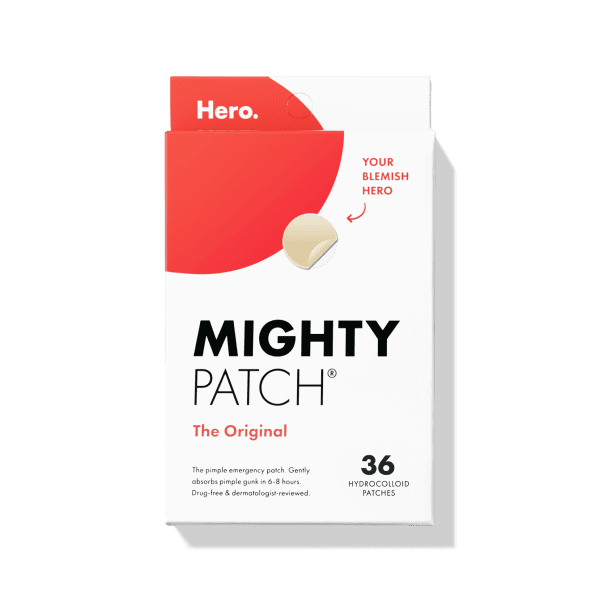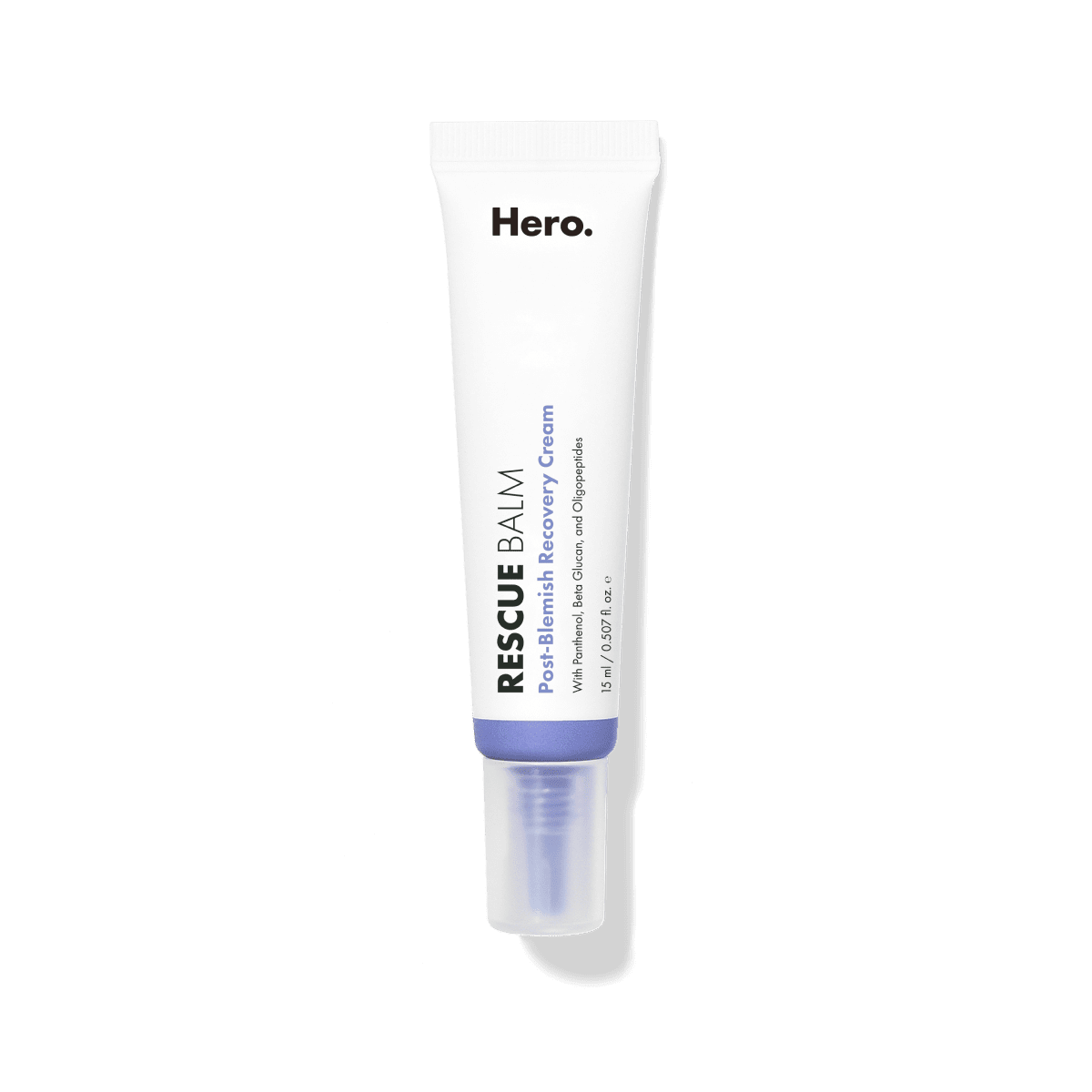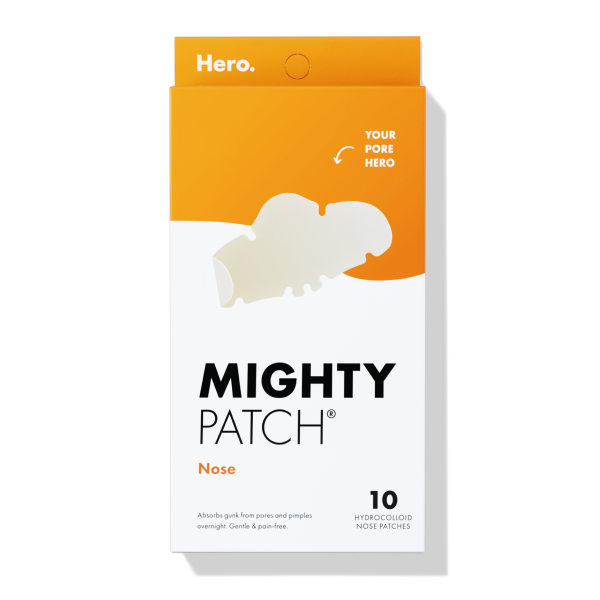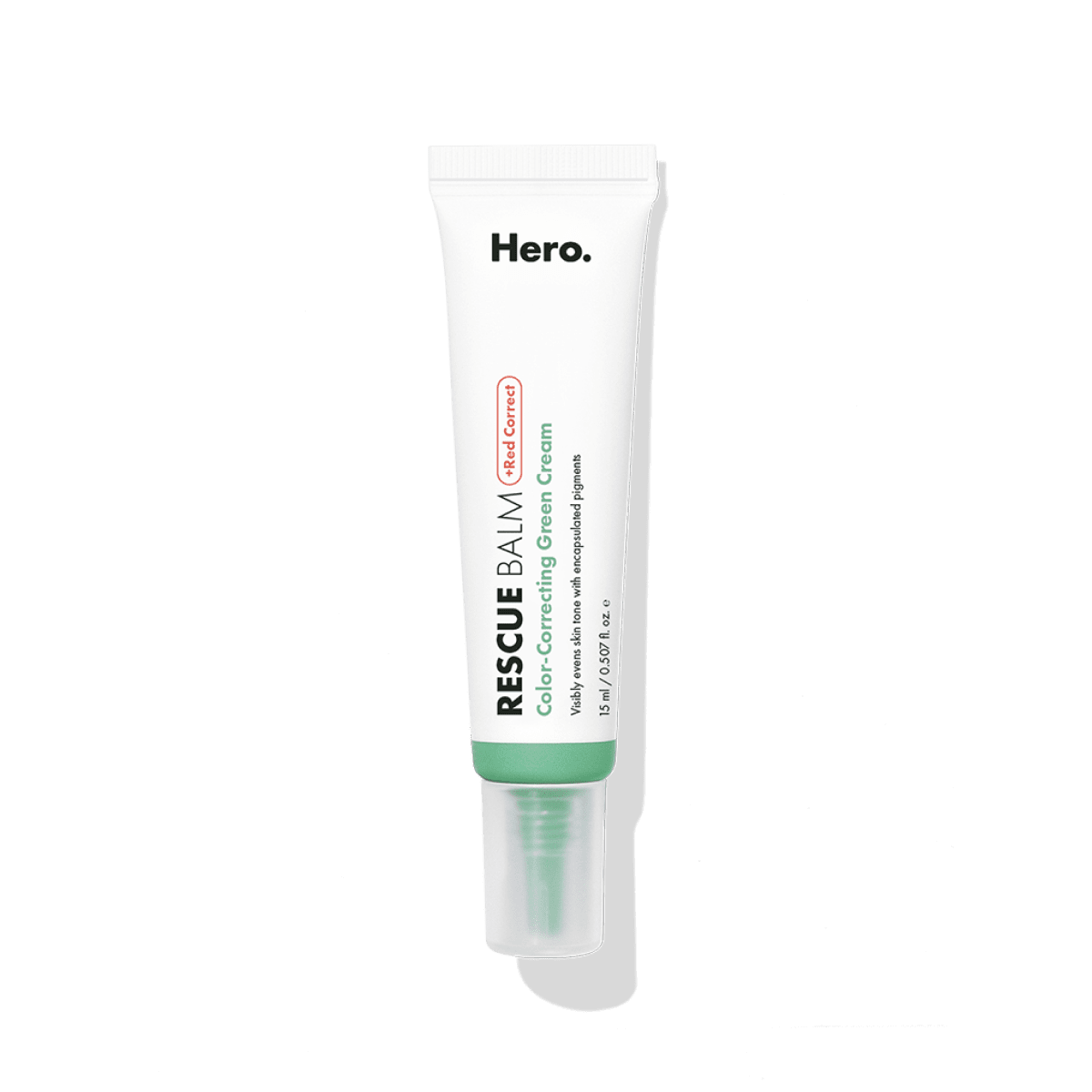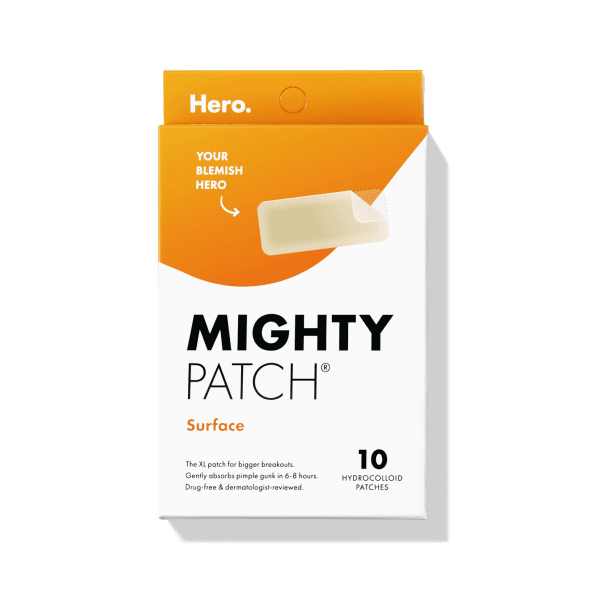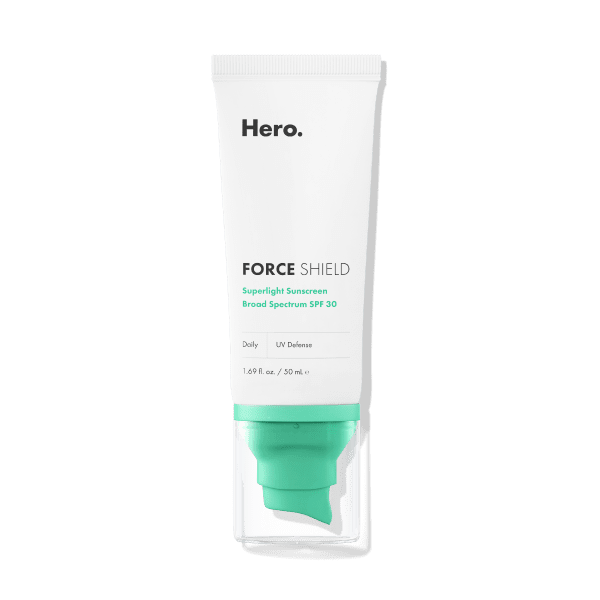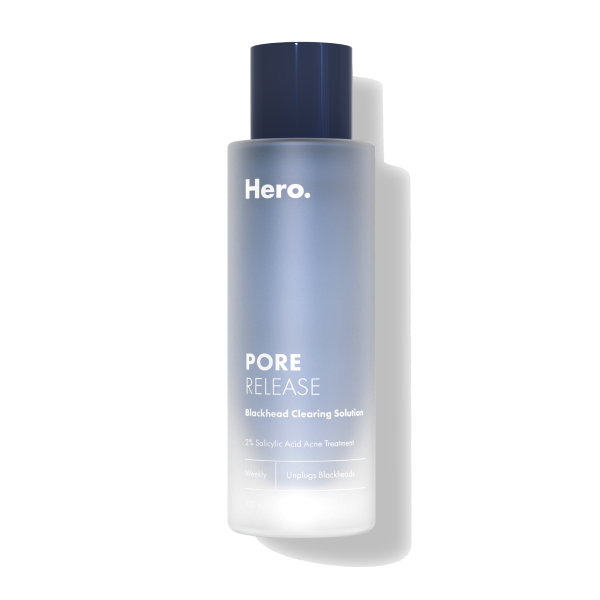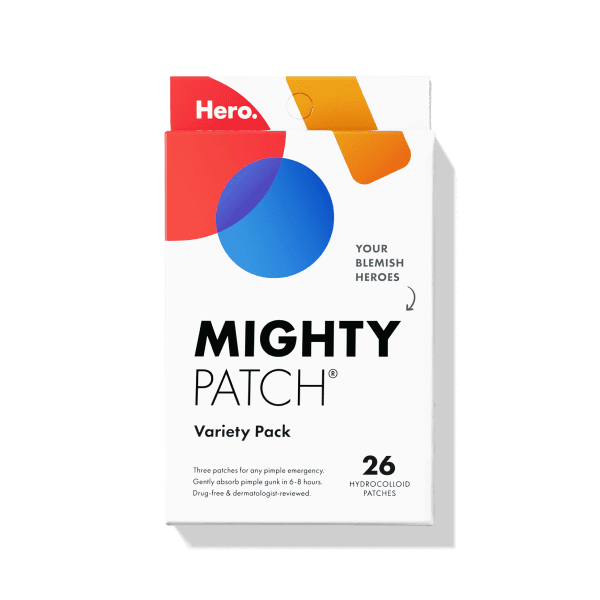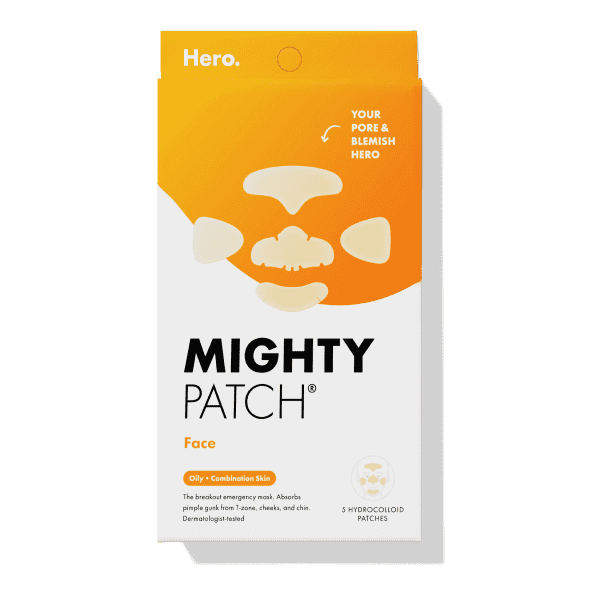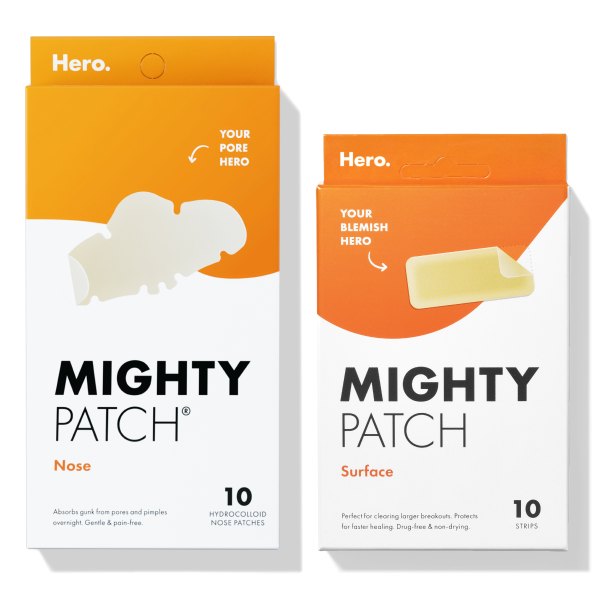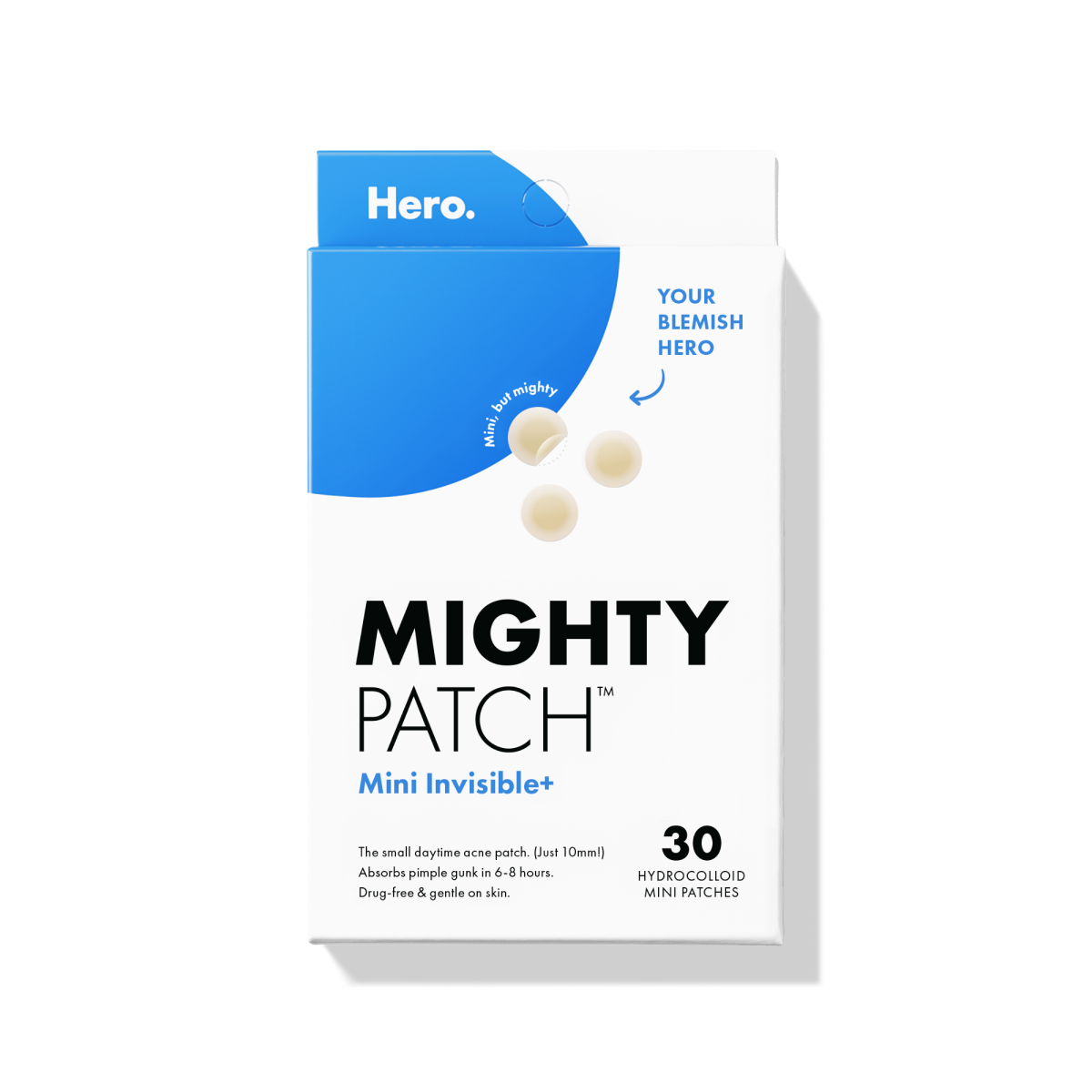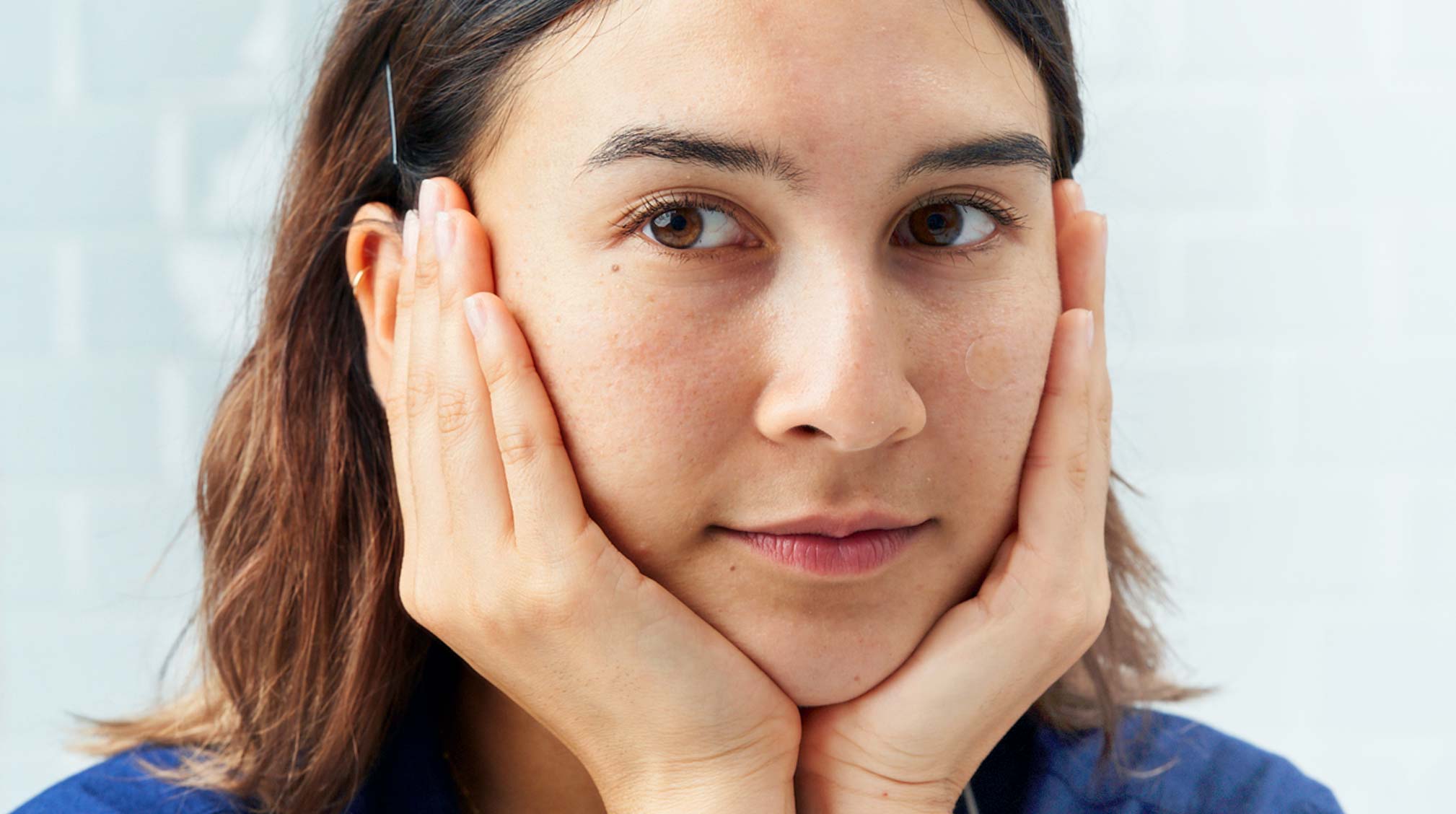
Of the 99 problems periods bring, there’s one we 100% can do without — hormonal acne.
Thanks to hormones like estrogen, progesterone, and testosterone; you may notice that your skin gets super sensitive, or sometimes dry right around your period. Other times, period acne can make several unwanted guest appearances, alongside mood swings and bloating when PMS swings by.
During the 28-day menstrual cycle, the skin goes through many changes — some good, but others? Not so much. We’ll be checking out the hormones responsible for the changes to the skin, what exactly these changes are, and appropriate skincare tips to observe during periods.
Which hormones affect the skin during periods?
Of course you do! When it comes to uncovering the culprits behind the clear skin, acne, and skin sensitivity that come around when Aunt Flo comes visiting, you can point three fingers straight at estrogen, progesterone, and testosterone — hormones produced in the body. Here’s how these hormones affect the skin during periods:
1. Estrogen, which isn’t so bad.
Between day 7-11 of your cycle, right around the time your body is gearing to release the month’s egg, you may notice your skin starts to look plump and hydrated. It’s easy to charge this to your skincare products finally giving you your money’s worth, but chances are, it’s simply estrogen — the hormone known for collagen and elastin production, doing your skin a solid. This hormone promotes the skin’s structural integrity and moisture retention.
2. Progesterone, which kind of is.
Fast forward to days 17-24, when your mood starts to take a nose-dive, the last thing you want is acne marking territory across your face. However, thanks to progesterone (boo!), this may be unavoidable. Progesterone levels rise mid-cycle, stimulating the production of sebum. This causes the skin to get more oily and pores to swell shut, trapping oil and dirt— the perfect formula for a pimple outbreak.
3. Testosterone, or as we like to call it - the acne hormone!
Most breakouts happen about a week to ten days before periods show up. If that sounds familiar, it’s because that’s around the time progesterone and estrogen levels dip in the body causing testosterone to take the lead. This hormone triggers oil production which, we’ve been told, doesn't do too well for acne. High testosterone is usually a trigger for hormonal acne.

Hang on, just how do hormones affect the skin during the menstrual cycle?
- Period glow? It’s probably the estrogen: Now we’re not ones to pick favorites, but any hormone that stimulates the production of collagen improves the skin’s appearance and promotes skin health is a star in our books. Estrogen plays a vital role in giving the skin a healthy glow in the early stage of the menstrual cycle.
-
Progesterone is coming with all the grease! While estrogen gets cool points for giving the skin a radiant glow at the start of the cycle, an important question to ask, especially with known links between hormones and acne is: does estrogen cause hormonal acne? To answer, yes, unfortunately, our BFF hormone plays its part.
Mid-cycle, estrogen experiences a dramatic drop which causes testosterone (known for its role in sebum production) levels to rise. Coupled with progesterone, a hormone equally important for oil production in the body — the monthly cycle usually leaves the skin oily mid-way. - Nothing like testosterone and progesterone to spark up inflamed pimples. To understand why the skin breaks out during the monthly cycle, we’ll remember that with the help of testosterone and progesterone, the body produces sebum (oil) almost with the mission to beat last month’s high score. This oil can combine with dead skin cells within the pores, causing a blockage. This can trigger inflammation and infection, causing acne.
-
Hormones come with the tenderness … literally. With periods, everything tends to feel tender: your breasts when you run too hard, your abdomen when lying down, emotions at the slightest inconvenience, and very notably — the face.
With hormonal fluctuations around this period, the body experiences a lot of bloating brought on by water retention.
Try these out if you are so done with hormonal acne
1. Oral medications
First things first, absolutely do not pick at it! Hormonal acne might be a top-two thing to deal with during periods, but it absolutely can be dealt with. Here are proven ways to keep hormonal acne away from your face, back, and where the sun don’t shine:
- Try oral contraceptives containing estrogen and progesterone: these contraceptives will lower the amount of estrogen in the body, resulting in less sebum, and less severe acne.
- Anti-androgen drugs could do the trick: by blocking the effects of androgens like progesterone, anti-androgen drugs can help with reducing oil production which is a known villain in the hormonal acne origin story.
RELATED READ: What Causes Hormonal Acne and How To Get Rid of It
But, if you’re looking to kill two blackheads with one spanking new skincare routine, here are other measures that can help with hormonal acne and general skin wellbeing during the monthly cycle:
2. Double cleanse
Show your skin twice the love by double-cleansing. Simply wash the face with two cleansers — one oil and the other water-based, to combat excess oil and prevent acne.
Oil-based cleansers remove oil impurities like makeup, sunscreen, sebum and pollution before making way for water-based cleansers to work deep into the pores to take out grime and sweat. By doing this, double cleansing helps take out bacteria that could lead to breakouts.
3. Micropoint for Blemishes
Or as we like to call it, the best thing for acne since The Original Mighty Patch. Micropoint is your go-to for sneaky, early-stage acne aka - under-the-skin pimples. It has a pimple-fighting trifecta made of salicylic acid to exfoliate dead skin cells, beta-glucan to soothe irritation, and hyaluronic acid to replenish lost moisture.
4. Following a healthy diet
To beat the bloat, swap out your comfort snacks for foods rich in antioxidants. Nutrients like omega-3 fatty acids and Vitamin E which can be found in berries and plums can help to reduce inflammation.
5. Exercise
We know, we’d want to throw a pillow at anyone suggesting exercise during a period too! However, sweating it out can help to push out the harmful bacteria lodged in the pores which can cause acne. Washing the face right after exercising will help keep the bacteria out, and skin clearer during periods.
Article written by guest writer, Elizabeth Plumptre.
[[product-ad]]

